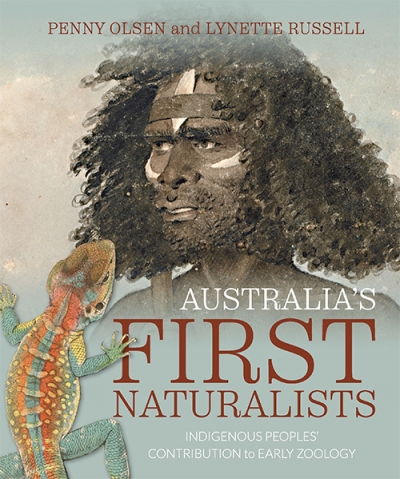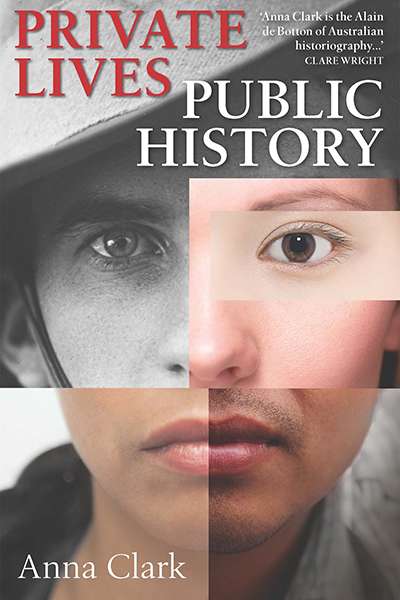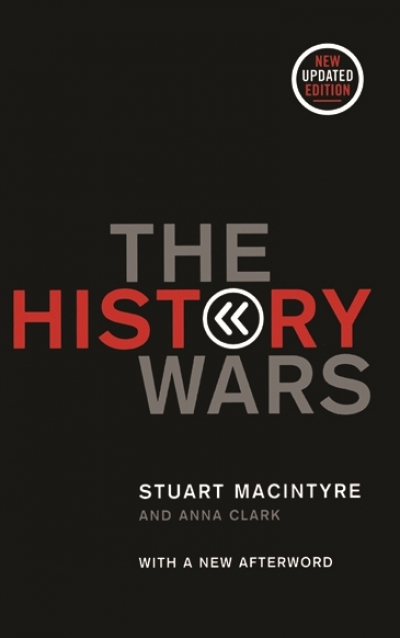Anna Clark
Anna Clark is the author of Making Australian History (Penguin), a history of Australian history, and has written extensively on history education, historiography, and historical consciousness. She is currently Director of the Australian Centre for Public History at the University of Technology Sydney.
... (read more)Australia’s First Naturalists: Indigenous peoples’ contribution to early zoology by Penny Olsen and Lynette Russell
by Anna Clark •
The History Wars by Stuart Macintyre and Anna Clark & Whitewash edited by Robert Manne
by Tony Birch •




